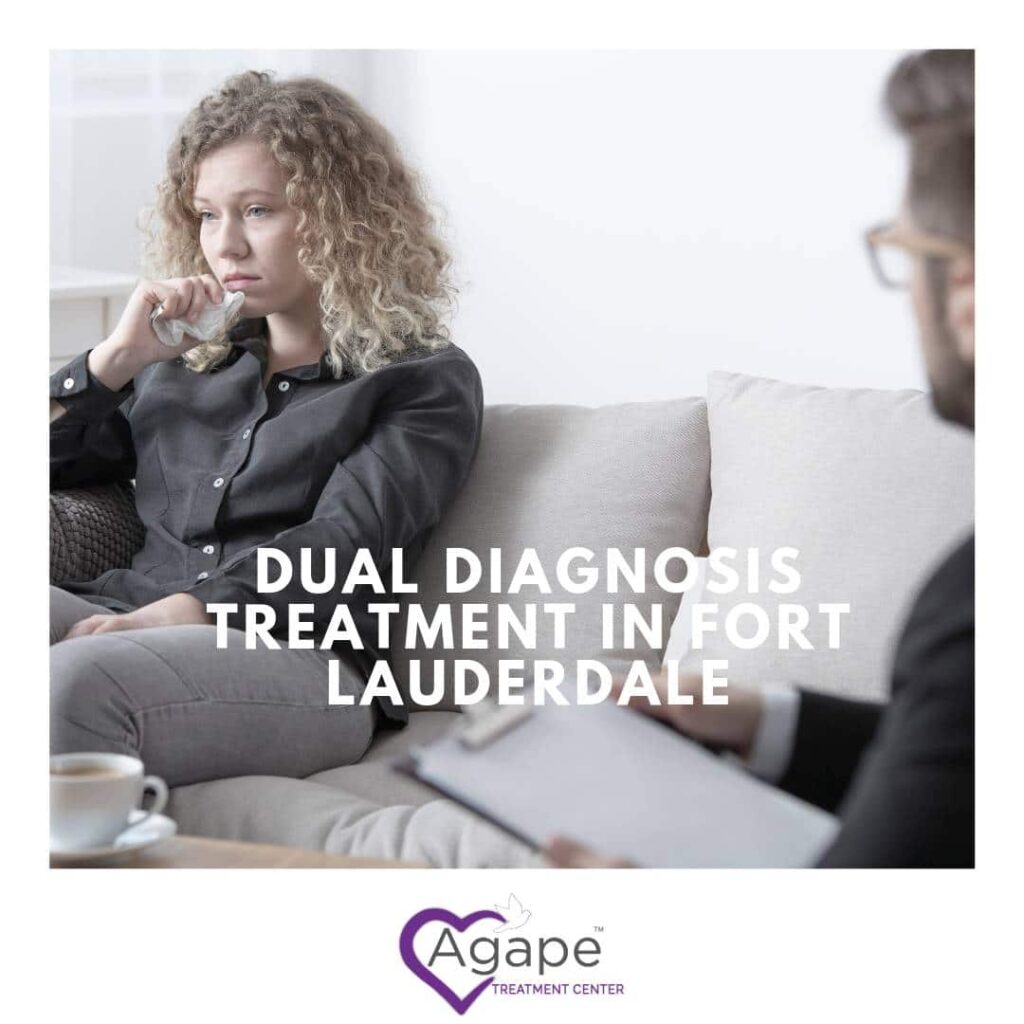
Table of Contents
ToggleWhat is dual diagnosis?
An individual with dual diagnosis has a mental or mood disorder (anxiety disorder, depression, schizophrenia, bipolar disorder, etc.) as well as an addictive disorder. In other words, the individual is suffering from two separate co-occurring disorders. Although separate, both disorders are often related and complexly intertwined.
There is no standard starting point for arriving at the point of being diagnosed with a co-occurring disorder. A mental disorder can precede addictive behavior or vice versa. One disorder may often propel the other – in no particular order. The acknowledgment of both disorders is the most important step as well as developing a treatment plan that incorporates treatment of both disorders simultaneously.
Importance of proper diagnosis
Mental illness and addiction are similar in nature and often mimic each other. Separating symptoms of mental health disorders from the effects of addiction can be a difficult but very important process. In order to tailor a treatment plan to address the full scope of an individual’s needs, it is important for clinicians to have a complete picture of your emotional and behavioral health. History has proven that isolating treatment for one disorder – without addressing the other – has less chance of maintaining long-term sobriety. The integrated approach to dealing with co-occurring disorders has become the most effective plan of action.
Self-medication or self-medicating
Self-medicating is an individual’s use of substances such as drugs, alcohol, or food for the purpose of escaping from an underlying mental health or mood disorder. An example of self-medication would be someone suffering from depression or PTSD who excessively consumes drugs or alcohol to cope with the symptoms of their anxiety disorder and/or depression.
While the individual may receive relief from self-medicating, the relief is only temporary. The danger in this behavior is that the underlying causes of the disorder are never diagnosed or treated properly. As the individual seeks to escape the untreated disorders, resistance to the substance will oftentimes build as well as the need to increase the frequency and potency of the abused substance. Self-medicating will ultimately mask the underlying disorders, preventing an accurate dual-diagnosis, and leaving the individual misdiagnosed and untreated.
Benefits of Dual-Diagnosis Treatment
In the early years of addiction treatment, there was a widespread debate on whether someone struggling with addiction and a co-occurring disorder should focus on treating the addiction or mental health disorder first. Today, studies have proven that substance abuse and mental illness are not separate entities, but rather deeply intertwined biologically, psychologically, and experientially. Addiction experts and mental health professionals have found that the best outcomes for maintaining long-term sobriety are achieved through comprehensive, simultaneous addiction and mental health treatment. Benefits of dual-diagnosis treatment include:
- Psychiatric Evaluation and Treatment – Dual-diagnosis programs help in identifying the root causes of your substance abuse and emotional suffering. Oftentimes, substance abuse begins as a form of self-medication and through proper diagnosis and treatment can break the vicious cycle. Mental health professionals and addiction experts work together to customize a treatment plan to monitor your progress and propel your recovery.
- Dual-diagnosis treatment programs address recovery comprehensively. – Some rehabilitation centers only address addiction, which can ultimately hinder the overall success of their patients. Agape Treatment Center addresses recovery from a comprehensive approach. Recovery is not merely the cessation of drugs and alcohol, but rather an overall lifestyle where substance abuse is not a solution for an undiagnosed mental illness. The goal of dual-diagnosis treatment is to equip the patients with the tools they need to maintain long-term sobriety while living a happy and successful life.
- Implementation of Healthy Coping Skills. – One of the most important benefits of dual diagnosis treatment is learning healthy coping skills. Once treatment has begun, specialists can teach the individual how to cope. Most patients enter treatment without a clue on how to deal with triggers, old trauma, and stressors. The goal is to replace old, self-destructive behaviors with new, healthy coping skills.
(CBT) is a short-term psychotherapy that promotes problem-solving skills. Cognitive-behavioral therapy primarily focuses on solutions rather than revisiting old problems. This method of therapy encourages the development of new coping strategies, changing detrimental cognitive thinking, and problem-solving skills. CBT has also been used in treating co-occurring disorders as well.
(DBT) works to address co-occurring disorders simultaneously. Enhancing behavioral skills, through mindfulness and emotional regulation, is the primary focus of DBT. This type of treatment encourages stress management, decreases impulsivity, and aims to strengthen self-esteem through discipline and structure.
- De-stigmatizing Medications for Mental Health – In recovery, medication can be seen as taboo. Most individuals have self-medicated, for so long, that the idea of “all or nothing” has been deeply embedded into their thought patterns. Treatment centers, addressing co-occurring disorders, seek to address mental health first (with medication if necessary) in order to help the individual begin treatment with a clear mindset. Sometimes, treating a major mental health disorder requires medication. It is important for the patient to feel completely safe, comfortable, and absent of any judgment.
- Mind, Body, and Soul Healing – Most dual diagnosis treatment centers focus on all-encompassing, holistic healing – mind, body, and soul. Yoga, exercise, meditation, healthy eating, and 12-step programs can help each patient create a balance, establish spiritual growth, and produce a strong foundation for maintaining long-term sobriety. Practicing mindfulness comes in many forms. The idea of “living in the moment” is hinged upon mindfulness. Stepping back, taking an objective view, and accepting things exactly as they are, is the best way to practice mindfulness. Mindful eating, moving meditation (yoga/tai chi), and mindful breathing are other ways to implement this practice into an individual’s daily routine. Mindfulness has been attributed to lowering feelings of anxiety/depression, controlling the body’s reaction to stressors, aiding in pain management, and identifying/processing emotions.






